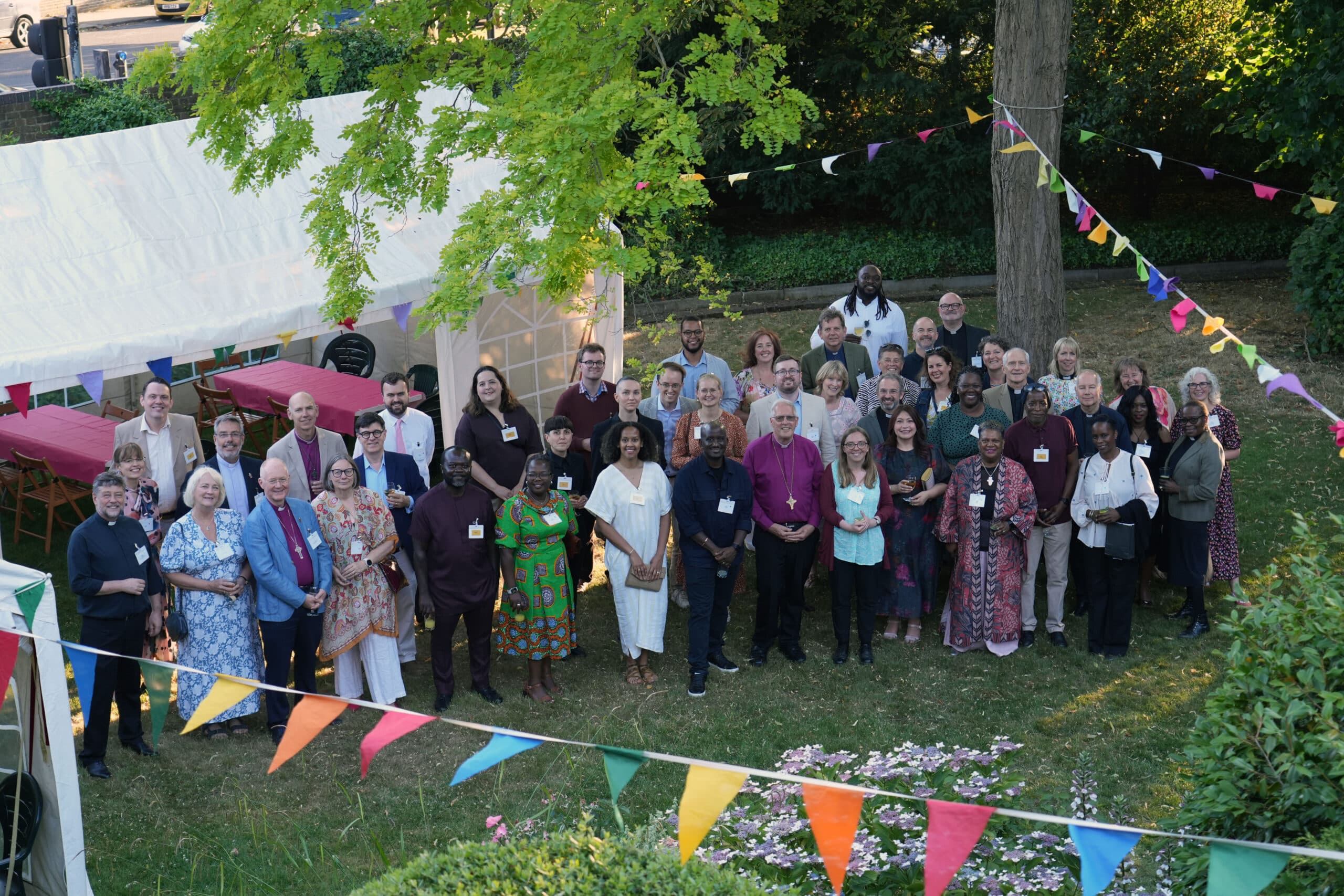In recent months, as the pandemic has flared and people have seen the worlds they inhabit on a daily basis significantly shrink, the importance of good mental health has once again come into sharp focus. Over the past few years this rather maligned, underfunded sister of physical healthcare has begun to receive more and more attention, not least from the press and from policy makers. Recruitment to psychiatry has finally escaped from ‘crisis’ and the number of junior doctors training in mental healthcare is at an all-time high. There is much positive to celebrate in this – the reduction in stigma both for patients and professionals, aspirations of parity of esteem in terms of funding and resources, and an equally welcome speaking out on personal mental health challenges by senior figures in public life, including the Archbishop of Canterbury. Such strides forward would be almost unthinkable just a decade ago.

During the coronavirus epidemic, society at large has been hearing from a number of sources that the UK, and the world more generally, is soon to face yet another epidemic – the epidemic of mental health problems in the wake of the lockdowns, the increased waiting times for physical and mental health consultations, and the huge societal changes that have accompanied the coronavirus outbreak. The church, too, has been campaigning on this issue, raising concerns that such an epidemic may well overwhelm our national health system and potentially bring the UK to its knees. The virus was bad, the argument goes, but the mental health consequences will be far worse. Yet, similar projections were made after 9/11, and the two world wars, and seem not to have come to pass. I don’t think the lesson to be learnt from that is that ‘mental health’ is not important, or that we can blithely say that nothing will happen – instead, I think it calls into question what we might call ‘mental health’ and its causes, and what such an epidemic might really look like.
I work as an inpatient psychiatry trainee, treating patients who predominantly suffer from psychotic illness. There are, of course, a number of different elements underlying these illnesses, with genetic and what might be described as ‘environmental’ components playing their fair share. Yet it is abundantly clear to me that the vast majority of my patients share a number of characteristics – they are predominantly from low income households, they are very often from black and minority ethnic communities, they are very often of no fixed abode, frequently have issues with substance abuse, and often have very poor social support. The levels of mental illness in asylum seeks and refugees is far higher than those born and raised in the UK. What strikes me is that our conception of what ‘mental illness’ and ‘health problems’ are might need some further reflection.
To be clear, I am not for one second suggesting that my patients don’t need treatment – the Mental Health Act is clear that people can be detained for treatment if it is deemed that they pose significant risk to themselves, other people or from other people. But what I am saying is that we may be rather too hasty in writing these presentations off as simply mental ‘illness’. What we may, in fact, be seeing is the symptoms of, at least in part, something far deeper – something better described in terms of society and not healthcare. To make this observation is not to reject the idea of biological mechanisms that underlie mental illness, or to ignore the very real suffering of patients. But it is to say that by purely focussing on these issues – indeed, to focus on treatment rather than do everything we can to prevent illness – then we are doing our patients, and our future patients, a huge disservice.
The work of Nikolas Rose, the co-director of the King’s Centre for Society and Mental Health, might help us understand this a bit further. Rose’s contention is that, for the great majority of people, we are looking to the wrong discipline when we turn forms of mental distress into questions of mental health. Whilst psychiatrists and psychologists can offer treatment of symptoms in acute cases, we risk missing a key insight from the social sciences – the higher the levels of social solidarity, as often found in a crisis, the more robust people are able to be in the face of disaster. Whilst Covid-19 has definitely made the great majority of us more anxious, more lethargic, more ‘depressed’ that doesn’t necessarily mean that all of us have a particular ‘mental illness’ – whatever we might score on the depression indices. And it is this very social solidarity which is missing in the lives of so many people we see presenting with mental illness, Covid or no Covid.

To put it another way, we are performing a great disservice by describing the feelings and experiences of those amongst us who are situated in places of disadvantage in our communities as solely about health. Instead, we might use the language of cultural anthropologists to identify social suffering – the ‘embodied consequences of the experience of multiple disadvantages grounded in structural social inequality’, be that wealth, race, gender, social status. The consequences often require the input of healthcare professionals, but the causes are embedded deep in the structures of society that we implicitly support and participate in. Johan Galtung goes a step further, describing this as ‘structural violence’, in which we impair the potential of other humans in a structural way, where inequalities become ‘normalised and invisible’. That is, the vast majority patients I see in hospital – and indeed those my physician friends see too – are not a subgroup of people that are solely sick by some fault or heritable cause – they are sick, at least in part, because of the sick structure of society. The illnesses are real – but we are ignoring a huge part of the cause. Poor ‘mental health’ in many of my patients is just the tip of a much more significant iceberg.
The church has a huge amount to say in this area, but it is sometimes a little timid in saying it. Of course, it’s important that we argue for the rights of patients to access healthcare when they need it. But if we are to offer more than palliation, the church needs to rediscover the language of liberation. Secular theory is not the only show in town – liberation theologians have been here before. Unless the church is truly present in and amongst our deprived communities, modelling solidarity and proclaiming freedom, community and demanding recognition of our common humanity, then how can we possibly move beyond treating symptoms rather than causes? Debt, domestic abuse, low wages, inadequate benefits – the consequences of these are what I see in my patients. The church is an organ of solidarity, one that must by its nature take the side of the oppressed and the poor. Whilst epidemic may have highlighted ‘poor mental health’, once this is over, the structural violence will remain. Social circumstances will continue to be lived out as illness. Perhaps this is the Gospel we should start to proclaim just a little louder in 2021.













